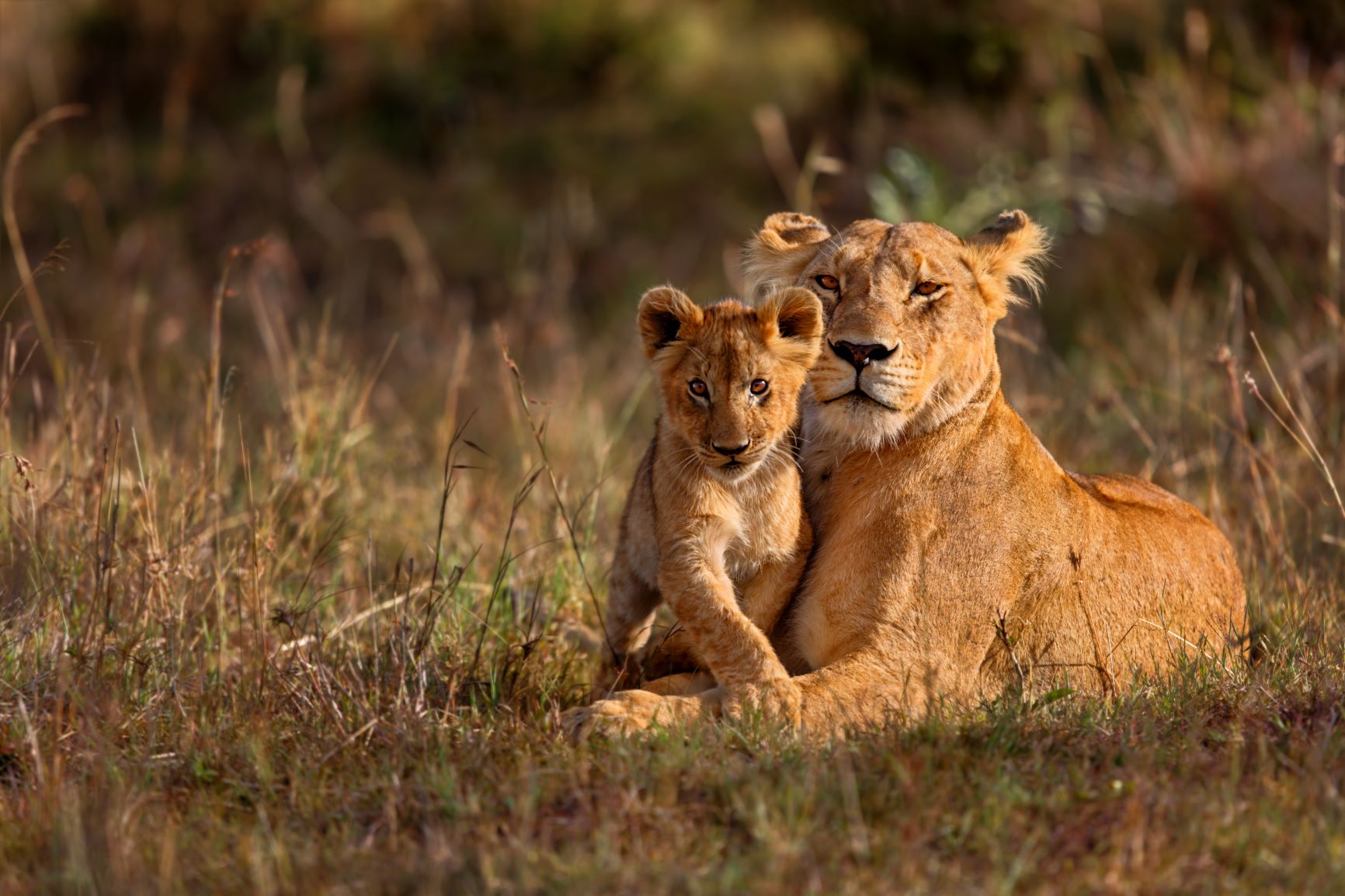News
Lion Breeding in South Africa: Promises Made, But Change Remains Elusive

For years, South Africa’s lion breeding industry has been under the spotlight — caught between conservation ideals and the harsh realities of captivity. Despite repeated government assurances to clamp down on the controversial trade, a new report by the National Council of Societies for the Prevention of Cruelty to Animals (NSPCA) reveals that not much has changed on the ground.
Behind Closed Gates: The Harsh Truth About Lion Farms
Step inside any of South Africa’s lion farms, and you’re likely to find conditions far removed from the majestic image of these “kings of the jungle.” The NSPCA’s chief inspector, Douglas Wolhuter, recently briefed parliament on the grim realities inspectors continue to witness: lions without clean drinking water, makeshift shelters that barely shield from harsh weather, and veterinary care so lacking it’s almost nonexistent.
Perhaps most disturbing are reports of cubs — the most vulnerable — discarded like rubbish, with hidden carcasses and bones found strewn across the facilities. Such treatment flies in the face of the Animals Protection Act of 1962, which clearly prohibits unnecessary starvation or neglect.
A Promise Unkept: Government Commitments Stalled
Back in 2020, a High-Level Panel recommended a full audit of all lion farms, a breeding moratorium, and the destruction of lion bone stockpiles — a move many hoped would signal the beginning of the end for this industry. The Ministerial Task Team (MTT) adopted these recommendations in 2024, promising a phased shutdown.
Yet, the NSPCA’s report paints a different picture. No comprehensive audit has taken place. The breeding continues unabated. And lion bone stockpiles — the very commodity at the heart of much controversy, linked to illegal wildlife trafficking — remain untouched.
The disconnect between official policy and actual enforcement is stark, leaving animal welfare advocates frustrated and concerned.
Courts Support NSPCA But Justice Crawls
South African courts have recognized the NSPCA’s authority, affirming that animal welfare and wildlife conservation must go hand in hand. But legal victories offer little comfort when sentences remain lenient and justice slow. One recent offender, guilty of cruelty, was handed a suspended sentence and a small fine — hardly a deterrent in a high-stakes industry.
The Social Media Pulse: A Divided Nation
Online conversations reveal a country divided. Some users passionately support shutting down lion farms, viewing them as exploitative and cruel businesses. Others raise concerns about the livelihoods connected to the industry, particularly in rural areas where farming jobs are scarce.
However, the growing global awareness of wildlife trafficking and ethical tourism has sparked a stronger call from South African youth and conservation groups for meaningful reform.
What’s Next? Collaboration Is Key
The NSPCA is pushing for more than just promises. They want the Department of Forestry, Fisheries and the Environment (DFFE) to step up with dedicated funding for joint inspections and audits. Only through cooperative enforcement can the industry be effectively monitored.
Inspector Wolhuter warns against simply replacing lions with other exotic species like tigers, cautioning that welfare standards must apply universally. “Swapping one animal for another doesn’t solve the problem,” he says.
A Bigger Picture: South Africa’s Wildlife Conservation Challenge
The lion breeding saga highlights a broader issue in South Africa’s approach to wildlife management. While the country boasts some of the world’s most famous conservation parks, the captive breeding industry exposes cracks in enforcement, policy implementation, and public accountability.
For real change, government bodies, conservationists, and communities must come together, balancing economic realities with ethical stewardship. Until then, the roar of change remains a distant echo on lion farms across the country.
{Source: The Citizen}
Follow Joburg ETC on Facebook, Twitter , TikTok and Instagram
For more News in Johannesburg, visit joburgetc.com



























